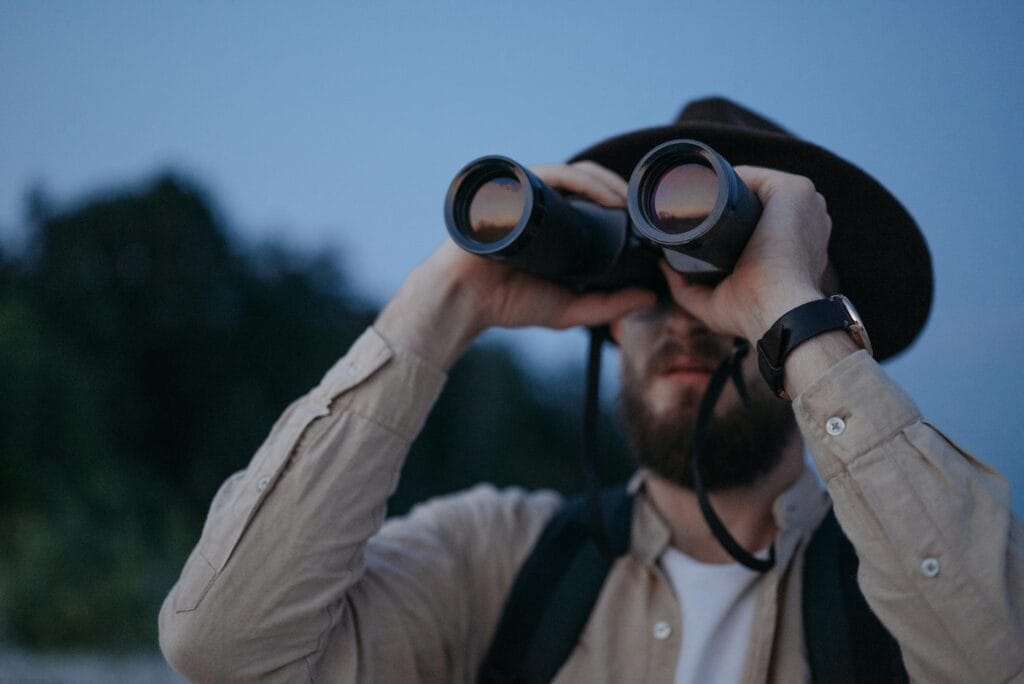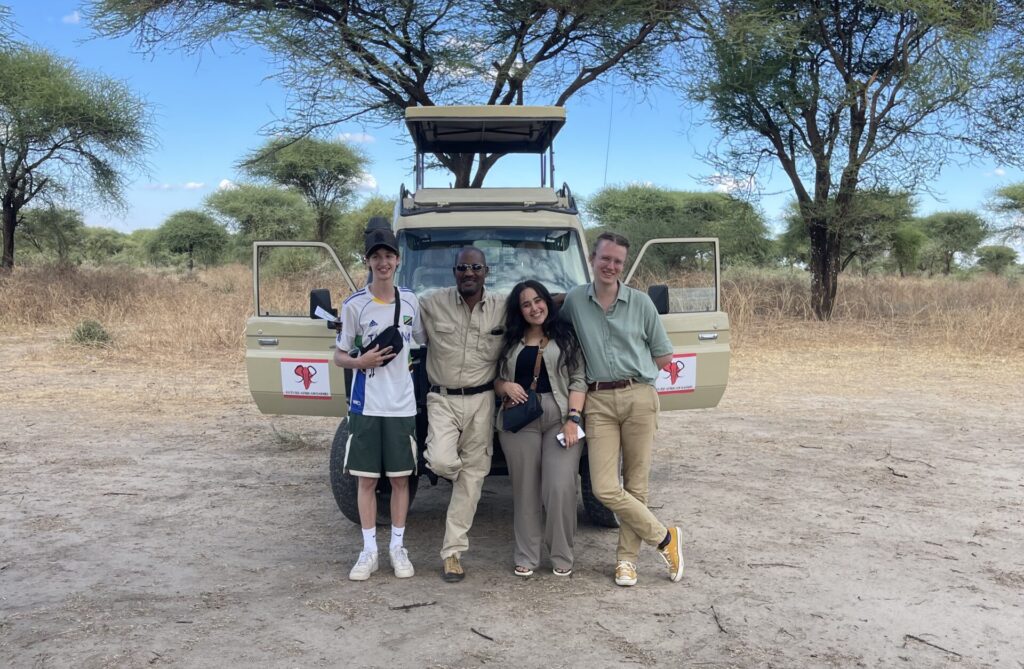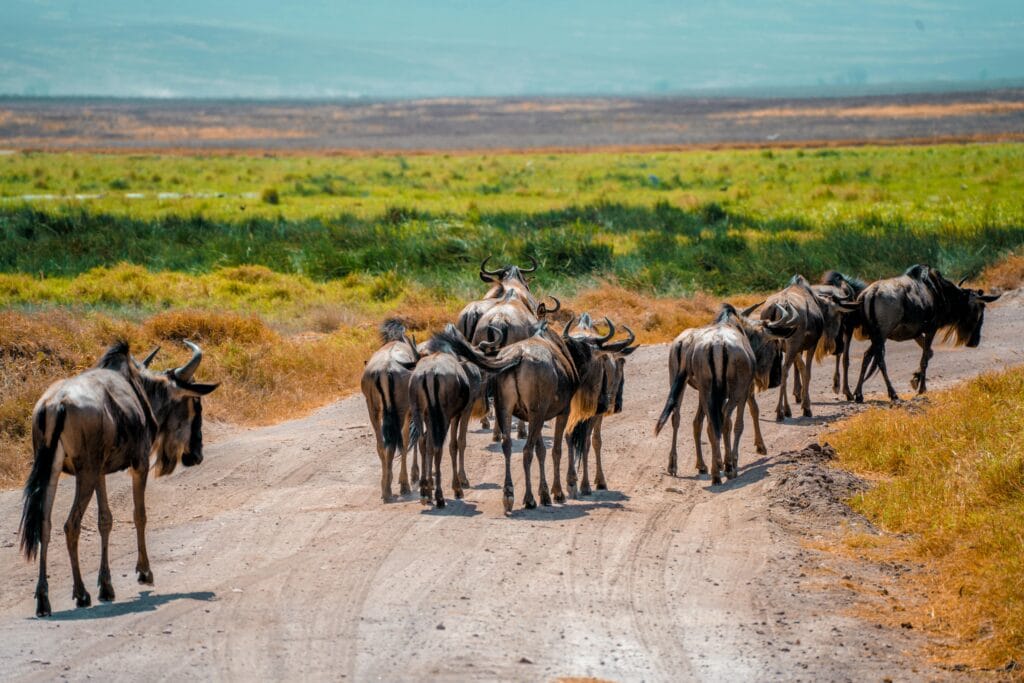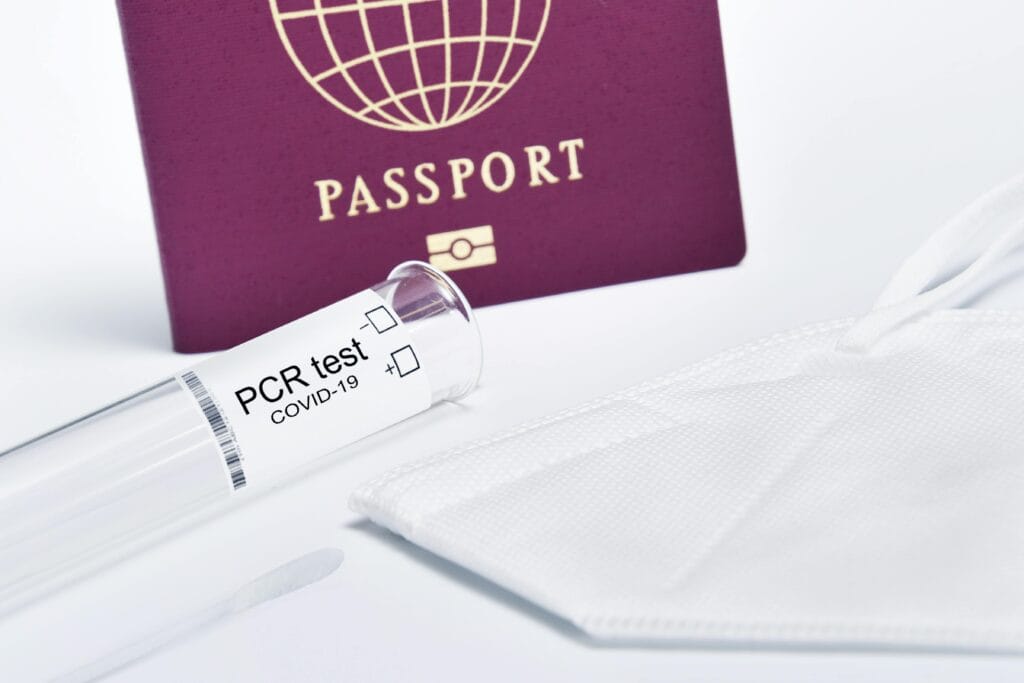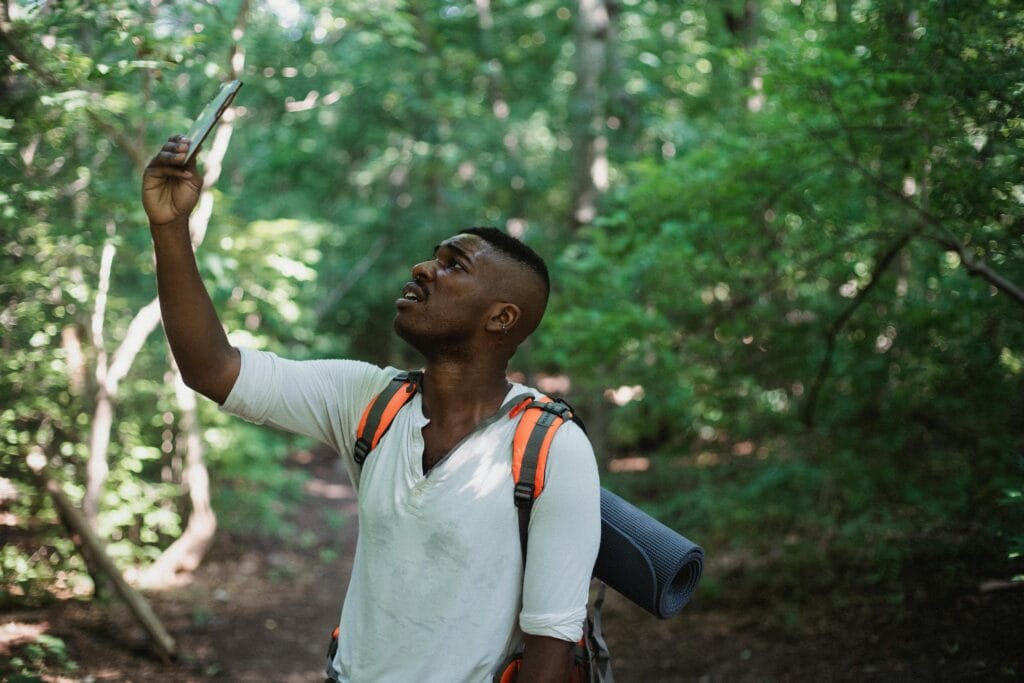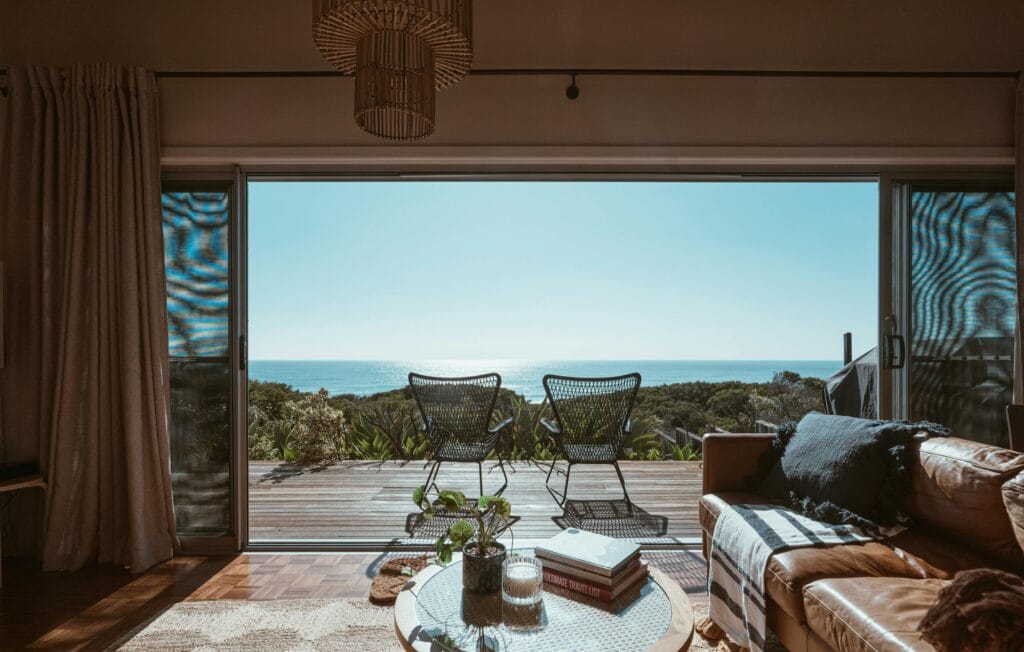🦓 The Ultimate Wildebeest Migration Safari 2025: Serengeti, Tanzania
Witness the Greatest Wildlife Show on Earth Every year, over 1.5 million wildebeest, along with hundreds of thousands of zebras and gazelles, traverse the Serengeti plains in Tanzania in a journey known as the Great Wildebeest Migration. This awe-inspiring spectacle is considered one of the top safari experiences in the world — a must-see for wildlife enthusiasts, photographers, and adventure travelers planning a Tanzania safari in 2025. At Future African Safari, we specialize in creating tailored migration safaris, ensuring you experience every thrilling moment safely and in comfort. When is the Best Time to See the Wildebeest Migration in Tanzania? January – March: Calving Season in Ndutu Over 400,000 wildebeest calves are born. Predator activity peaks: lions, cheetahs, and hyenas hunt the vulnerable young. Ideal for wildlife photographers capturing newborn wildebeest and dramatic predator-prey interactions. April – June: The Journey North Herds move through central Serengeti. Lush, green landscapes provide perfect photographic backdrops. Fewer tourists, offering more intimate safari experiences. July – September: Grumeti River Crossings Heart-pounding action as herds cross crocodile-filled rivers. The most iconic phase of the migration. Perfect for adventure and wildlife photography safaris. October – December: Northern Serengeti & Ngorongoro Herds begin returning south. Combine migration viewing with Big Five safaris in Ngorongoro Conservation Area. Excellent for luxury tented camps and lodge experiences. Top Safari Destinations in Tanzania Serengeti National Park Luxury lodges, private game drives, and hot air balloon safaris. Ideal for multi-day migration itineraries. Ngorongoro Conservation Area Famous for calving season. Stunning crater views combined with high wildlife density. Grumeti Game Reserve Exclusive safari experiences away from crowded areas. Access to private riverside camps and guided migration routes. How to Plan Your Wildebeest Migration Safari Choose the Right Itinerary Short safaris (3–5 days): Focus on a key migration hotspot. Extended safaris (7–10 days): Follow the herds across the Serengeti. Travel with Expert Guides Guides from Future African Safari know the exact herd routes and best viewing times. Personalized itineraries maximize your chance to witness dramatic river crossings and predator activity. Safari Packing Tips Binoculars and telephoto lenses (70–200mm+) Neutral-colored, layered clothing and sturdy shoes Sunscreen, hat, and insect repellent FAQs About the Wildebeest Migration Can I guarantee seeing river crossings? No, nature is unpredictable. But expert guides significantly increase your chances. How long should my safari be? A 7–10 day safari is ideal to experience the full migration cycle and other wildlife highlights. Is it safe? Yes. All safaris are guided by trained rangers, ensuring safety and comfort. Why Choose Future African Safari for Your 2025 Migration Safari Tailored itineraries for families, couples, and solo travelers. Experienced local guides with insider knowledge of the Serengeti. Flexible options: luxury lodges, tented camps, or adventure safaris. Trusted by travelers from the USA, Germany, France, and Spain. Book Your Wildebeest Migration Safari in 2025 Don’t miss the chance to witness the Great Wildebeest Migration in Tanzania — the world’s most spectacular wildlife event. Future African Safari will craft a journey you’ll remember for a lifetime. Customize Your Adventure Kilimanjaro 3 tours Safari 9 tours Zanzibar 3 tours
🦓 The Ultimate Wildebeest Migration Safari 2025: Serengeti, Tanzania Read More »

